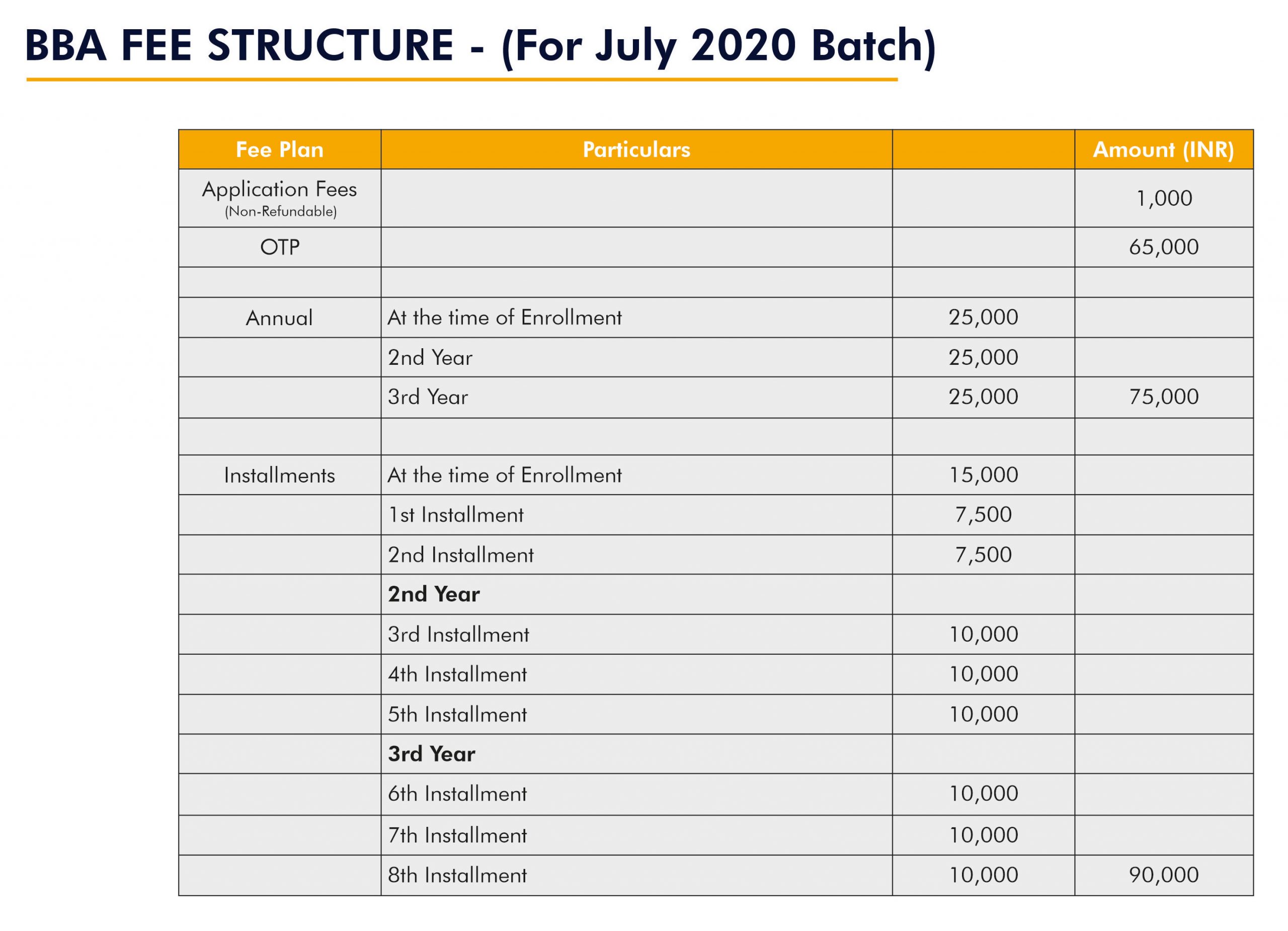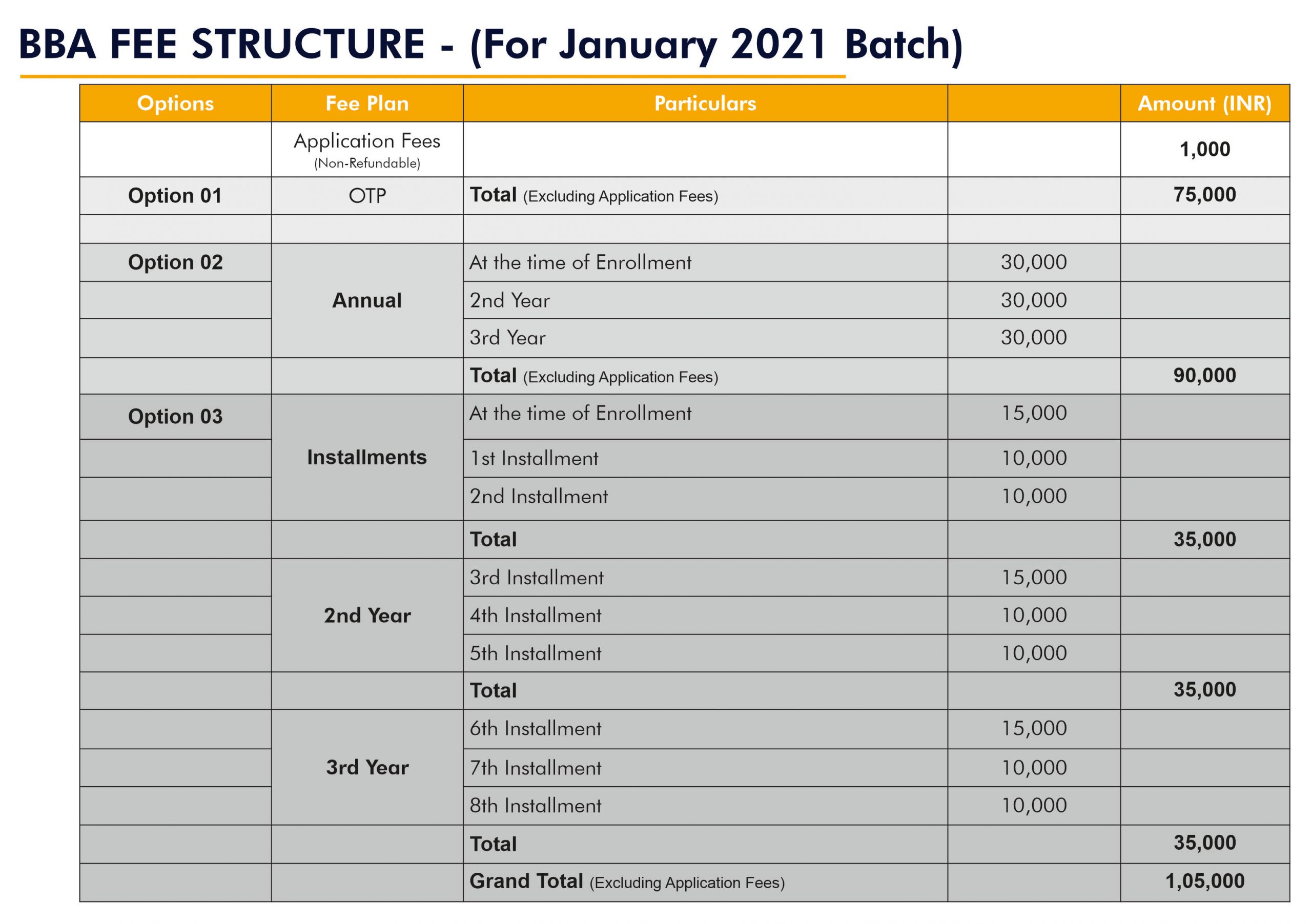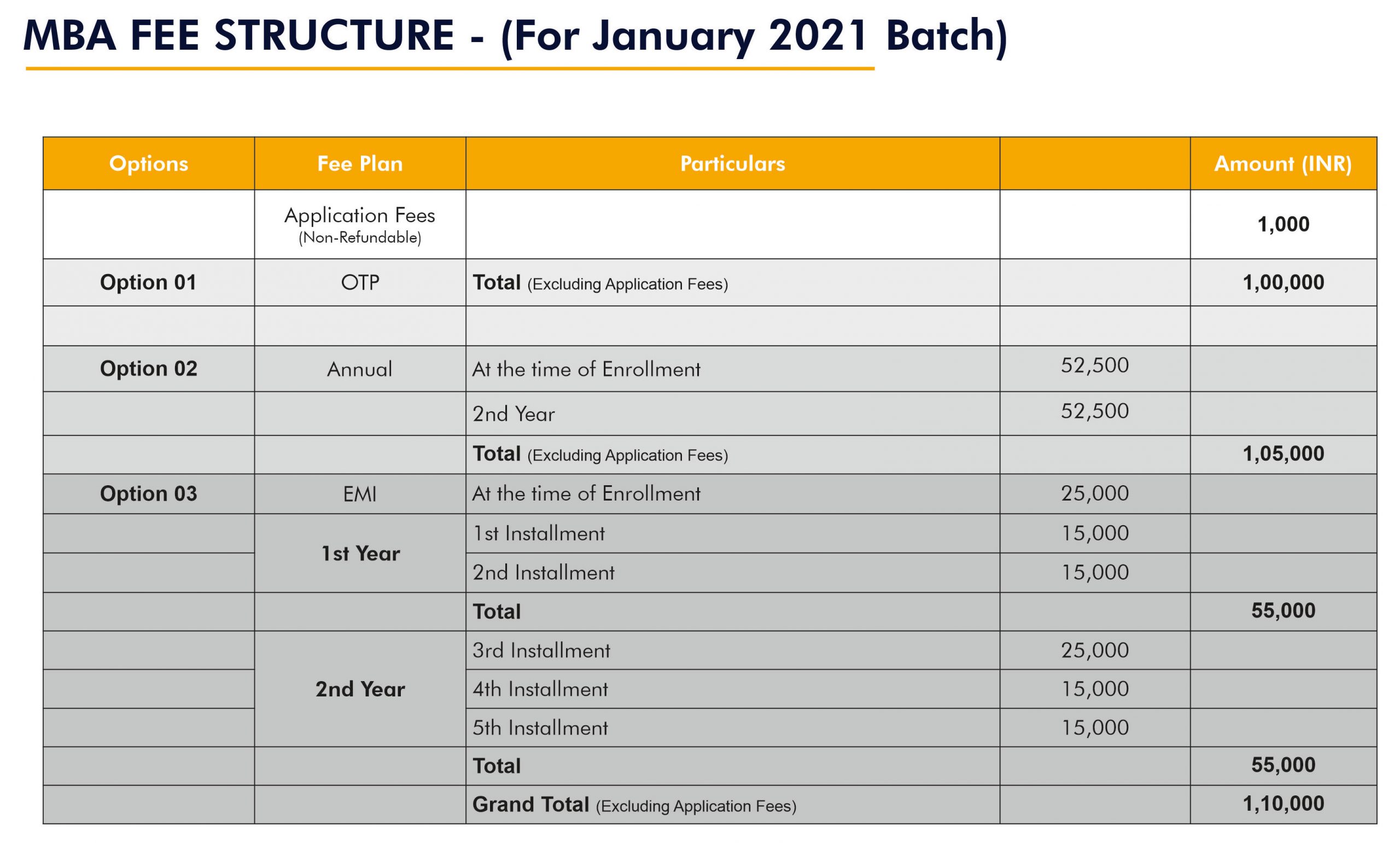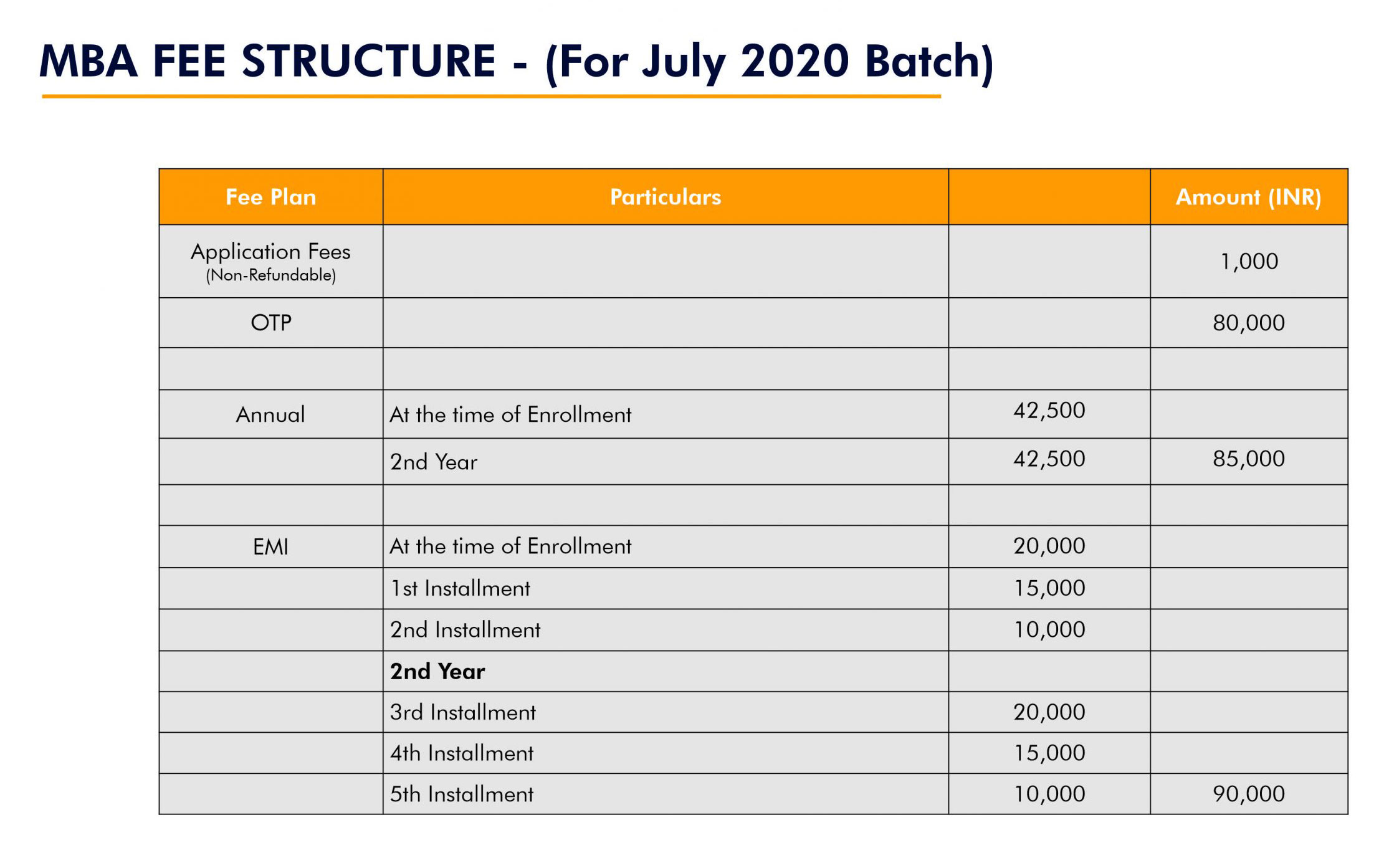Setting the Stage for Success
Setting the Stage for SuccessIn today’s rapidly changing world, planning and organizing are crucial components for achieving a successful career. Whether you are a recent college graduate starting your professional journey or an experienced professional considering a career change, careful consideration, proactive decision-making, and strategic planning are essential for achieving your goals. This comprehensive guide outlines the fundamental steps to kick-start your career planning process and pave the way for a successful future.
Understanding the Importance of Career Planning
Defining Your Goals & Aspirations
Before embarking on a job search, it is important to pause and reflect on your long-term career goals. What are your passions and what motivates you? By establishing your objectives at an early stage, you will have a clear understanding of the path you want your career to take. This will enable you to make well-informed decisions as you move forward.
Assessing Your Strengths and Skills
Self-awareness is key to Unlocking your full potential. Take stock of your strengths, skills and areas for improvement. Conducting a thorough self-assessment will help you identify where your talents lie and where you may need to invest in further development.
Crafting Your Career Roadmap
Researching Creer Paths & Industries
Now that you have a good grasp of your objectives and abilities, it’s time to delve deeper into feasible job paths and industries that match your passions. Take the time to conduct thorough research on various fields, analyzing potential employment opportunities, growth prospects, and industry trends. Additionally, networking with experts in your desired field can offer valuable advice and mentorship.
Setting SMART Goals
To make your dreams a reality, it is important to set SMART goals. SMART stands for Specific, Measurable, Achievable, Relevant, and Time-Bound. To achieve your long-term objectives, it is helpful to break them down into smaller, more manageable milestones. This allows you to track your progress and make adjustments along the way.
Implementing Your Career Strategy
Building Your Skills and Credentials
Investing in continuous learning and skill development is crucial in today’s competitive job market. Pursue further education, certifications, or training programs to enhance your skill set and stay updated with industry advancements.
Networking and Building Relationships
They say, “It’s not just what you know, but who you know.” Networking plays a pivotal role in career advancement, opening doors to new opportunities and collaborations. Attend industry events, join professional associations, and leverage online platforms to expand your network and forge meaningful connections.
Overcoming Challenges and Adversities
Embracing Adaptability
In a rapidly evolving landscape, adaptability is the name of the game. Be prepared to embrace change, pivot when necessary, and resiliently navigate obstacles along your career journey.
Seeking guidance And Support
Don’t hesitate to seek guidance from mentors, career counselors, or trusted advisors when faced with tough decisions or uncertainties. Their wisdom and perspective can offer valuable insights and help you navigate complex career dilemmas.
Conclusion: Empowering Your Future
Embracing a career planning journey is akin to charting a course toward your dreams and aspirations. By organizing your thoughts, planning your actions, and remaining adaptable in the face of challenges, you’ll lay the foundation for a fulfilling and stable career. Remember, success is not merely about reaching the destination but enjoying the journey and learning along the way.











